You're Never Too Old (Or Too Young) to Be a Writer. Lessons Learned During 49 Years of "Honing My Craft"
| Once I moved out on my own and had to start supporting myself, managing my life became an important priority. Making sure I had I job I could stand, enough money for rent and groceries, and a car that (more-or-less) functioned had to take precedence over writing, at least for a while. But I still couldn't let go of the dream. As if trying to force creativity through my pores by osmosis, I dated a published author, a professional storyteller, a photographer, a musician. I surrounded myself with creative people as much as I could. In between jobs, friends, and travel, I still wrote, and I tried to follow the suggestions I read so avidly in Writer’s Digest. I wrote poetry and short stories. I entered them in contests and submitted them to small literary magazines. I had a modest amount of success with my poetry, including some first place wins in contests (even one that paid me a whopping $100 which for an 84-word poem seemed like a great deal of money at the time). I wasn’t anywhere near my dream of being a full time writer, but I was still working at it. I was living, working, exploring, traveling. I fell in love so enormously and got my heart shattered so badly that it inspired the initial idea for my first novel, The Seventh Magpie (although I wouldn’t have the emotional or literary maturity to actually finish this book until this year). I read books and magazines about writing. I joined an excellent local writer’s group where we read and critiqued each other’s work every week. I kept writing, and I started getting used to that horribly uncomfortable feeling of sharing my work with other people on a regular basis: asking for, receiving, and giving constructive criticism. Unexpectedly, I found that my lifelong habit of voracious reading had given me a skill I didn’t know I had. I was unusually good at critiquing other writers’ works and giving them helpful suggestions. Even though I felt as if I didn’t have any real qualifications, my writer friends encouraged me to start offering critiques professionally. I did a few freebies to get some testimonials, and then started freelancing for money. It still wasn’t enough to really support myself full time, but it was a way to at least make some money in the publishing field. But one’s twenties are an unsettled time. Between changing jobs, changing cities, changing relationships, life was a constant deluge of new experiences. I wrote more poetry, I started a few different books, but my progress toward actually submitting my work dwindled to nothing. I knew that none of the stuff I was writing was finished enough to meet my own standards. I simply wasn’t mature enough yet mentally, emotionally, or in my literary skills to perfect my work, so I refrained from trying to publish. If it had been the age of easy electronic self-publishing, as it is now, I might have succumbed to the temptation to put my work out there anyway, but the reality of it is (as with many self-publishers nowadays), my work simply wasn’t good enough to go public yet. So, thanks to being born a long time before the age of Createspace and KDP, I managed to keep slowly experimenting and honing my skills while also avoiding publishing any majorly embarrassing works. I dabbled in learning commercial copywriting for a while. I lived with a professional storyteller and frequently helped him develop his stories. We collaborated on a story that he performed on the local radio one Christmas. Collaborating was interesting and our particular efforts went relatively well, but over all I decided that it was more satisfying to write solo. In my late twenties I moved to a new city, joined a new writers’ group based on the free-writing exercises in Natalie Goldberg’s Writing Down the Bones. My poetry took on a much less constructed, metaphorical, and lyrical tone, and were more personal and conversational. Although I occasionally tried to get some of the poems published--and occasionally succeeded--I made little progress toward completing any of my novels. However, the free-writing techniques I learned were tremendously valuable tools that had a lasting impact on my productivity and creativity. I fell in love, got married, and moved to yet another city, this one far from anyone I knew except for my husband. The job market was favorable at that time, and before long I found myself with an actual job as a low-level writer/editor on a real live magazine. Yes, it was an industrial trade magazine whose subject matter held no personal interest to me at all, but for the first time I was fully supporting myself by my writing and editing skills. |
Lessons Learned from Decade 3:
- Sometimes life takes over. That's okay. You're gathering material for later writing projects.
- Even if your writing can't be top priority right now, you can still make it a priority.
- Feed your creativity by interacting with other writers.
- If your work isn't ready to publish, don't publish it.
- Keep writing, even when you don't see progress.
- Try new fields, new formats, new methods. You never know when you might find one you love. Or one that will pay the bills!
Stay tuned for Part 4!
Image credit: By 관인생략 [GFDL (http://www.gnu.org/copyleft/fdl.html) or CC-BY-3.0 (http://creativecommons.org/licenses/by/3.0)], via Wikimedia Commons

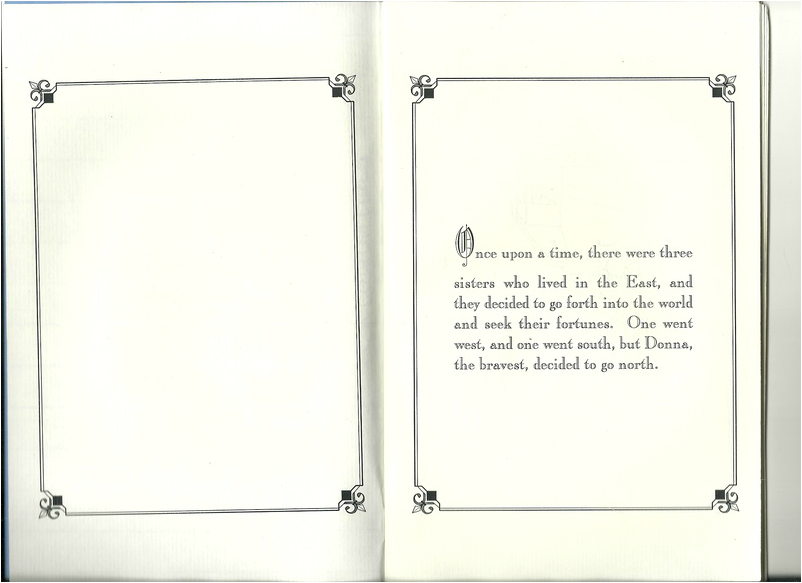
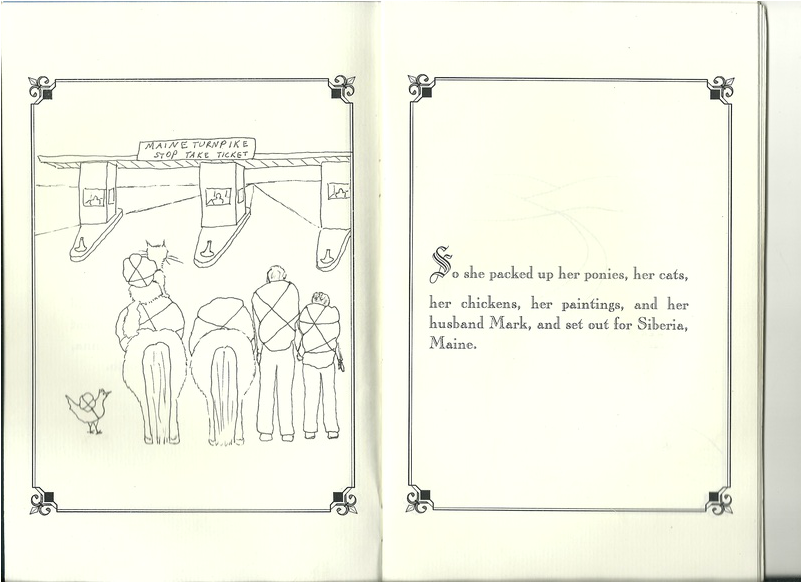
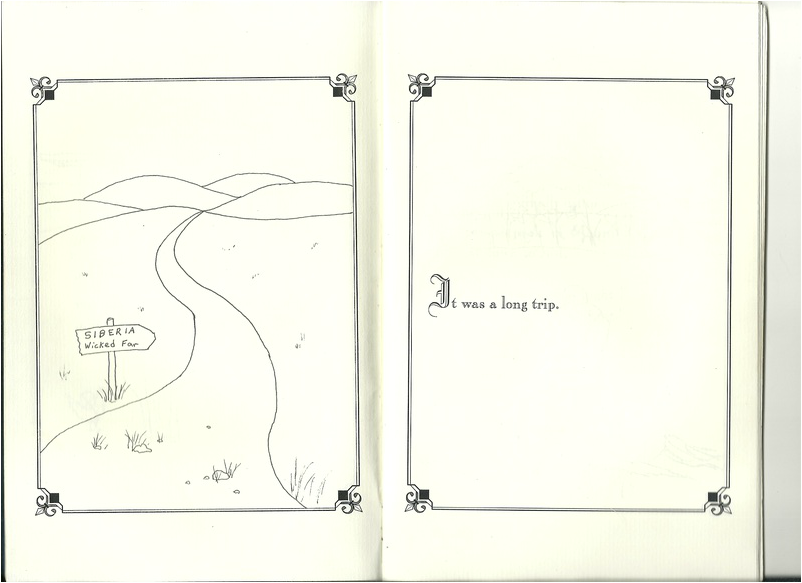
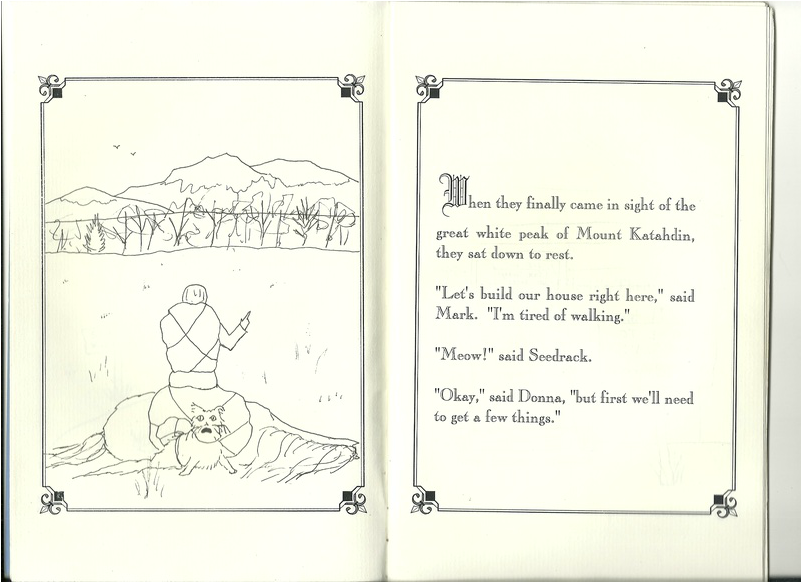
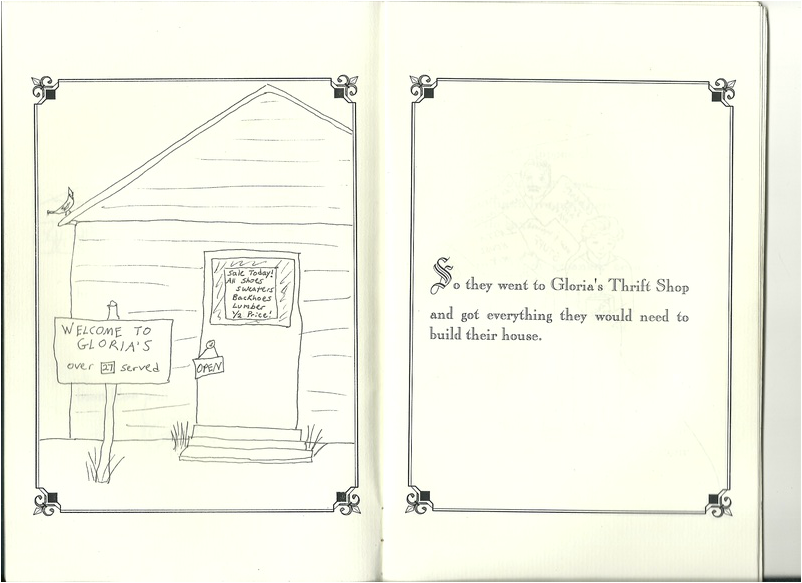
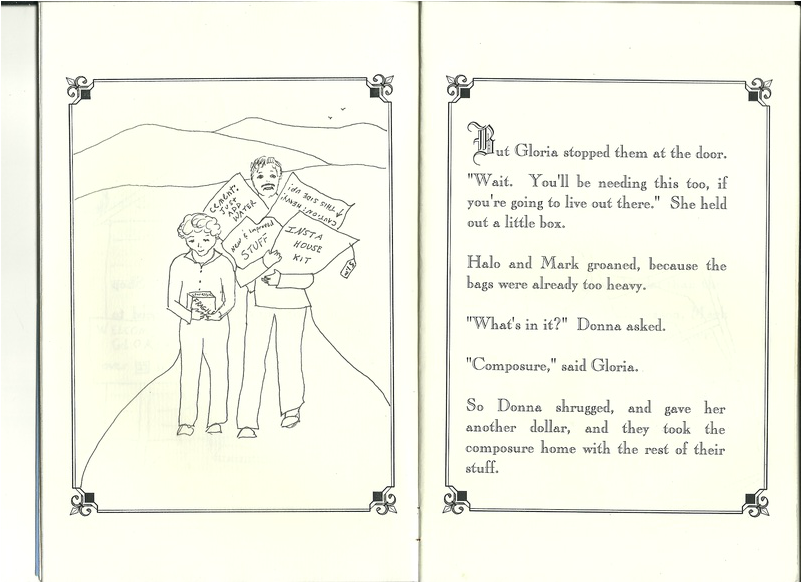
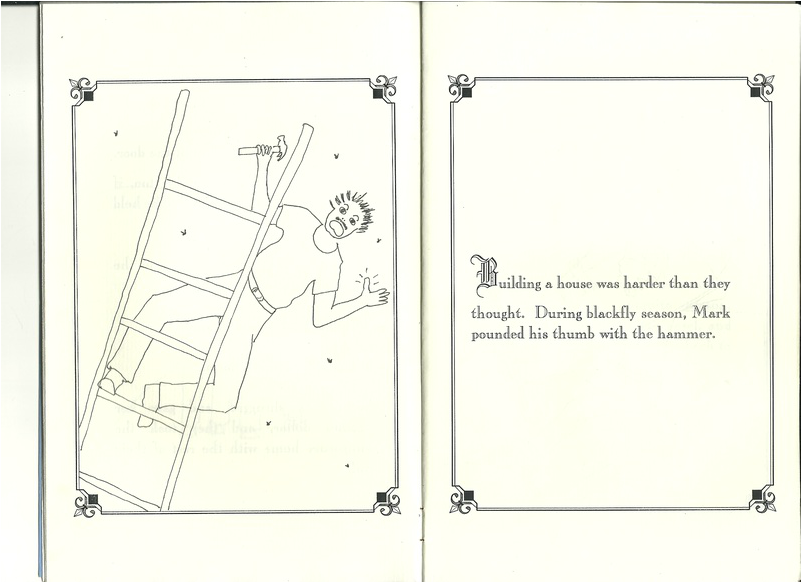
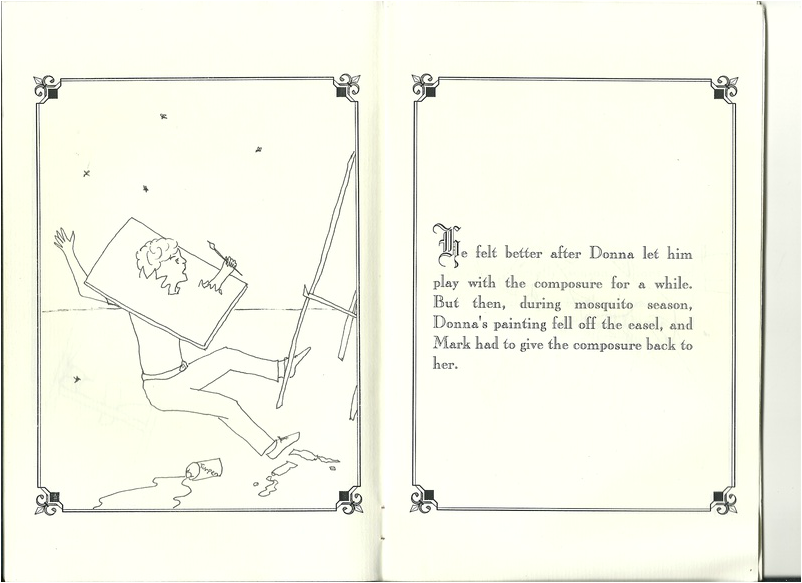
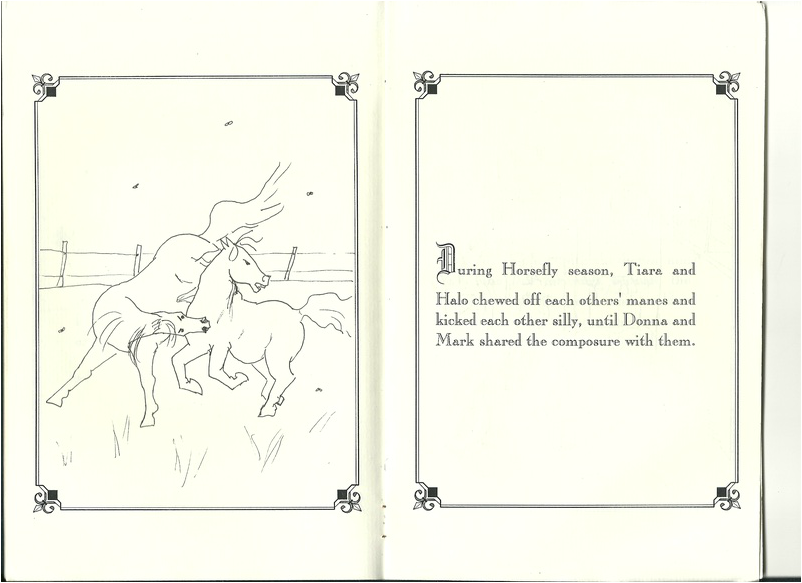
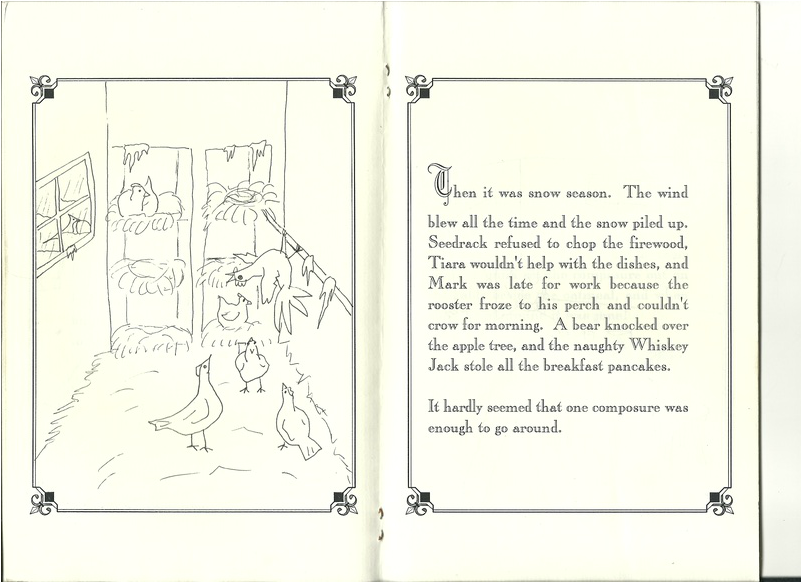
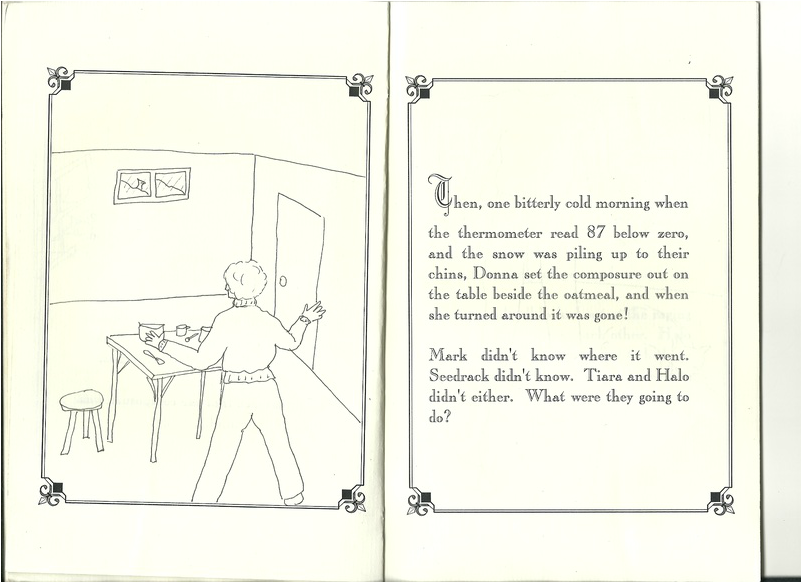
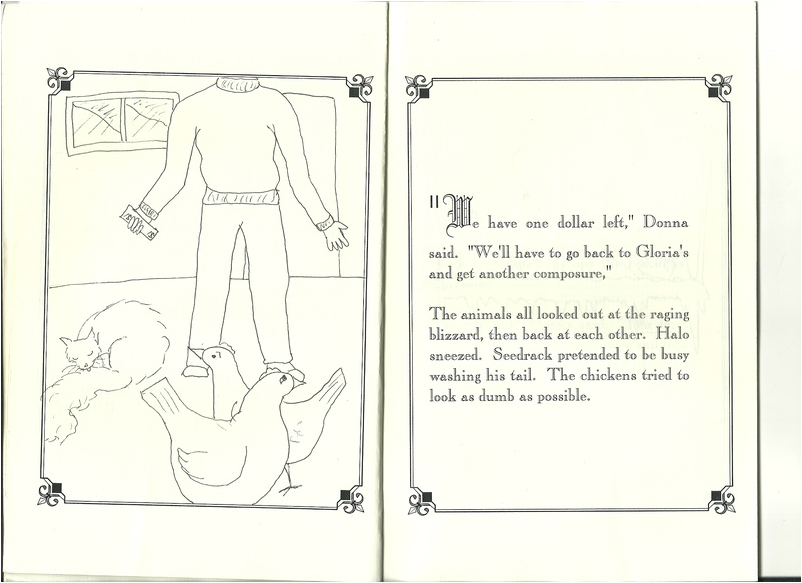
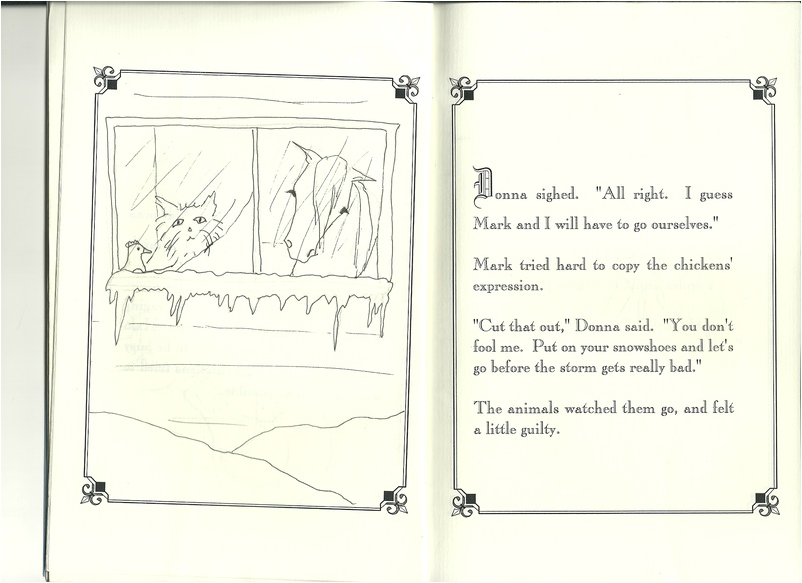
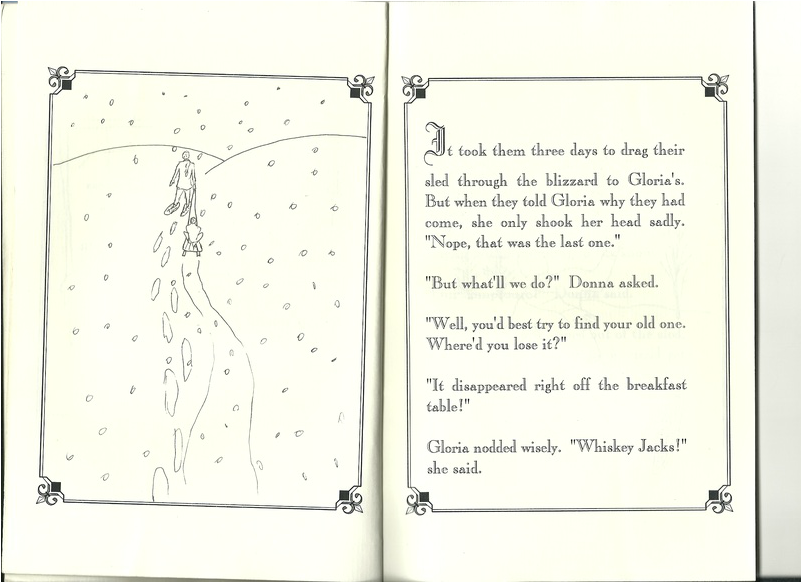
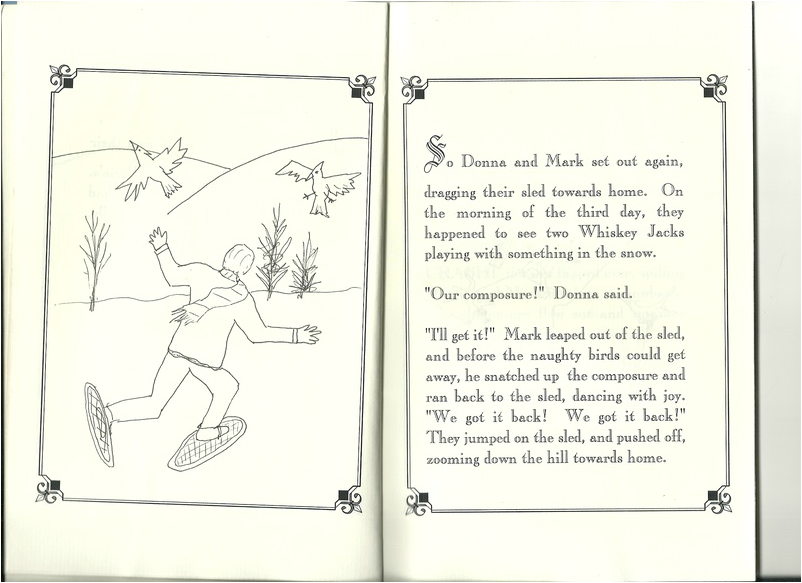
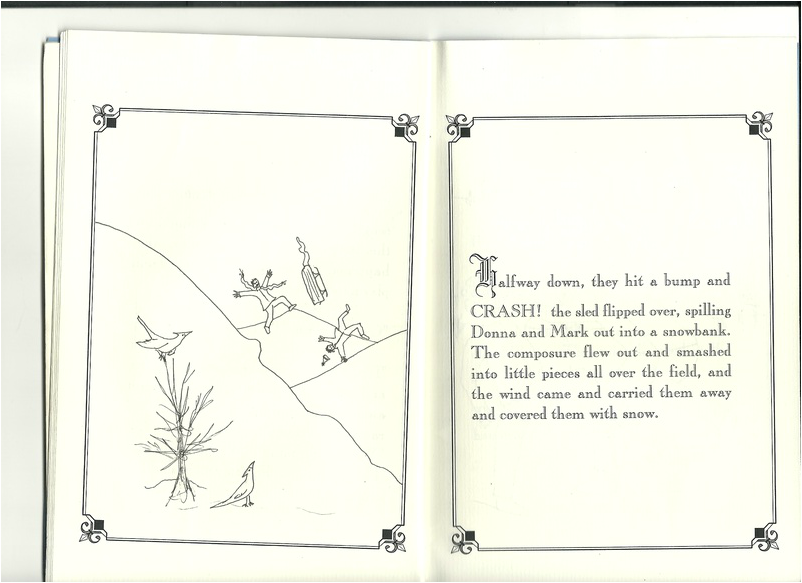
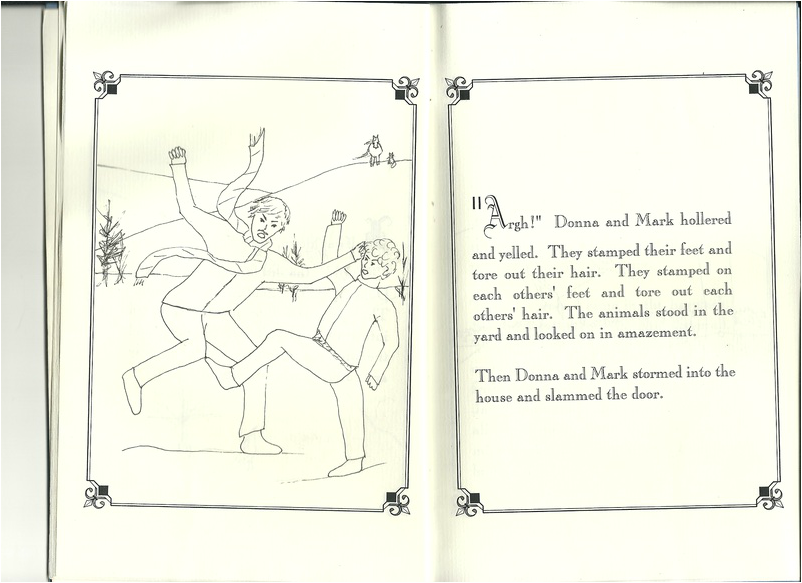
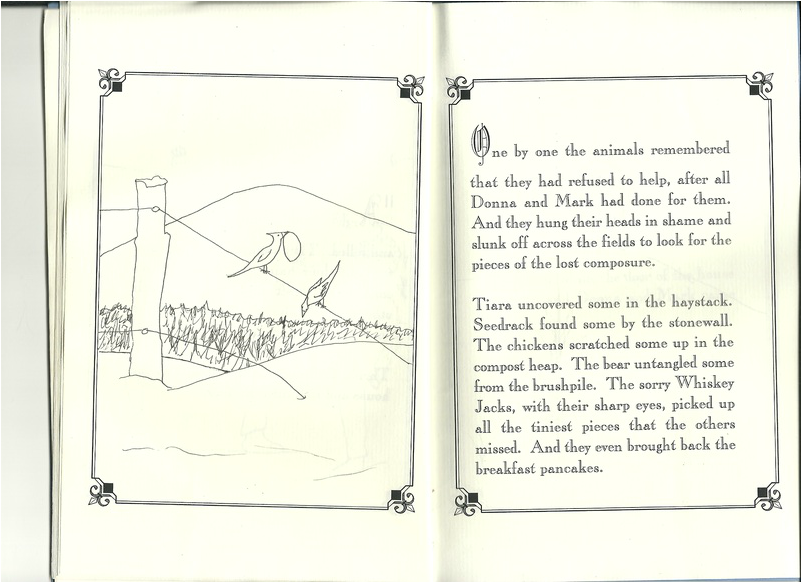
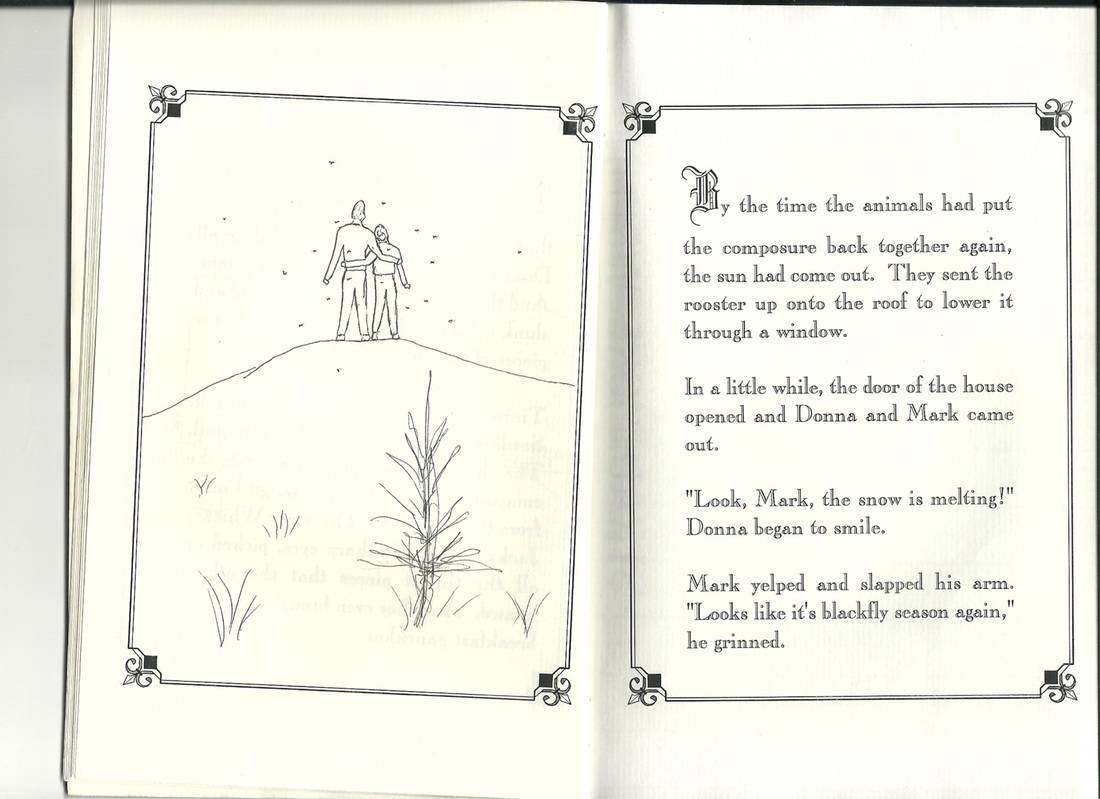



 RSS Feed
RSS Feed
